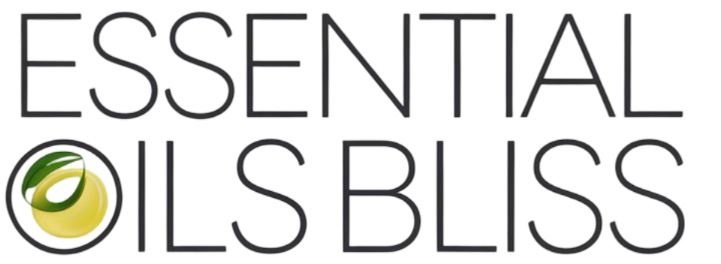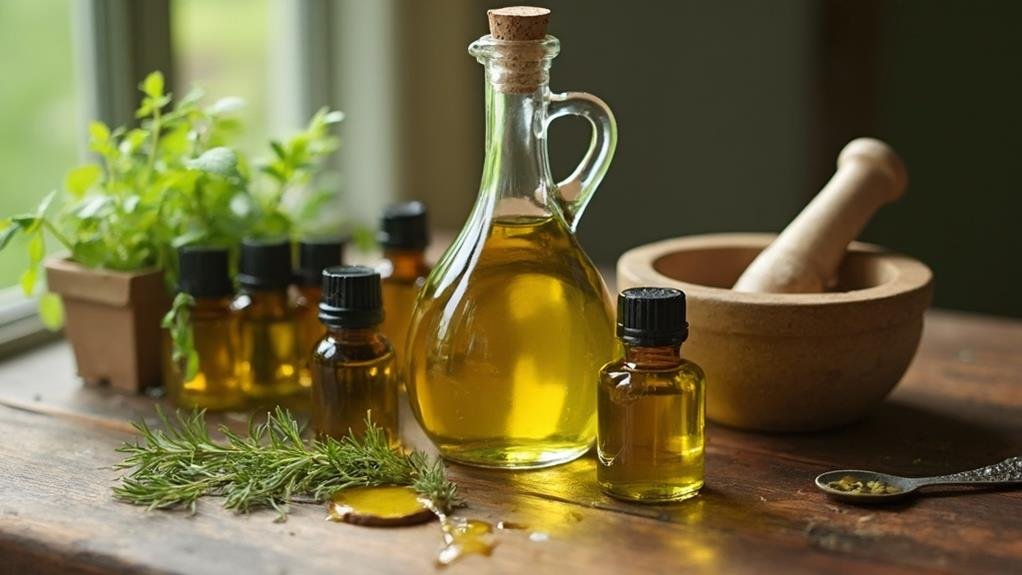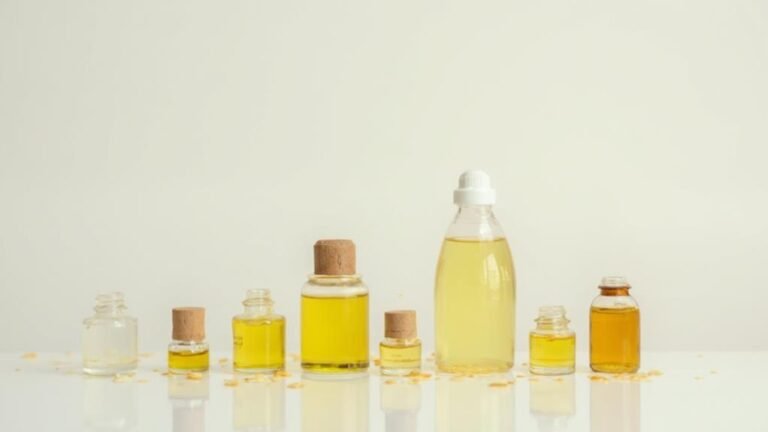Can You Use Olive Oil as a Carrier Oil?
Yes, you can use olive oil as a carrier oil for diluting essential oils. Olive oil is rich in fatty acids, vitamins, and antioxidants, making it an excellent choice for moisturising, cleansing, and enhancing the therapeutic benefits of essential oils.
Here are the key benefits and uses of olive oil as a carrier oil:
Benefits of Olive Oil as a Carrier Oil
- Moisturizes and nourishes the skin: Contains fatty acids and vitamins that provide deep hydration.
- Improves wound healing: Its antimicrobial and anti-inflammatory properties aid in tissue repair.
- Reduces inflammation: Compounds like oleocanthal help manage chronic pain and skin irritation.
- Enhances essential oil absorption: Its fatty acid profile enables efficient absorption, allowing essential oils to penetrate deeper into the skin.
Uses of Olive Oil as a Carrier Oil
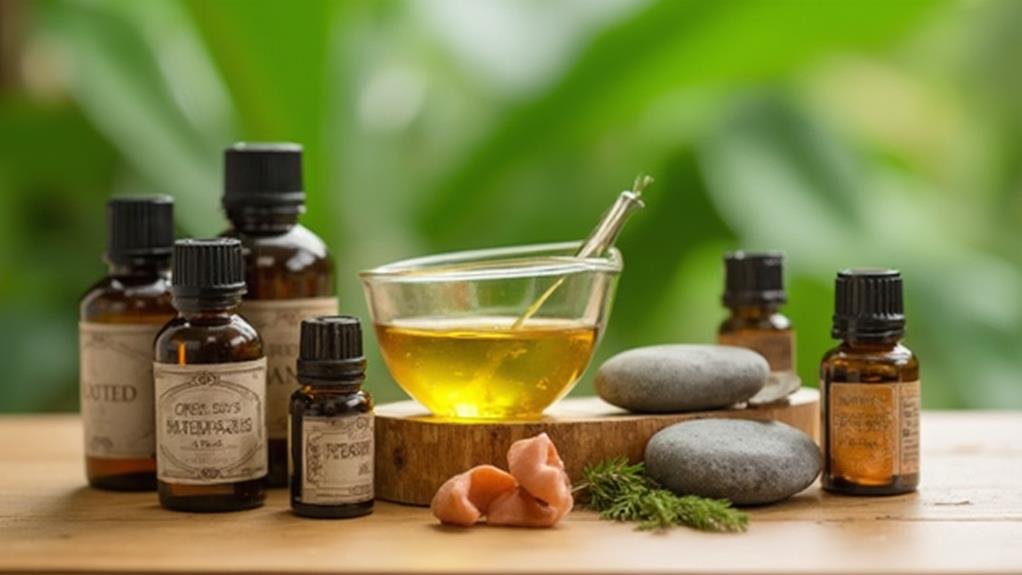
- Homemade Soaps: Use olive oil to make nourishing, moisturising soaps that are gentle on the skin. However, olive oil has some limitations, including a strong scent, thick consistency, and relatively short shelf life.
- Massage: Use olive oil to create a soothing massage blend that hydrates and softens the skin.
- Facial Cleansers: Olive oil can act as a gentle facial cleanser, removing dirt and makeup while moisturising the skin.
- Hair Care: It helps reduce frizz, adds softness, and improves scalp health.
Practical Considerations
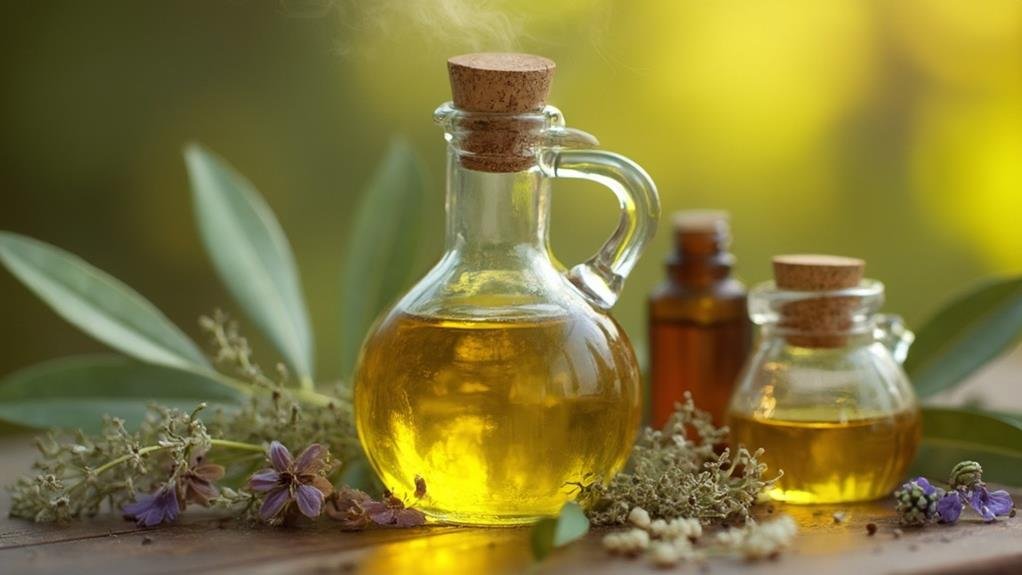
Despite its benefits, olive oil has some drawbacks:
- Strong Scent: Olive oil has a strong aroma that may overpower delicate essential oils like lavender or chamomile.
- Thick Consistency: May leave a greasy residue; blending with lighter oils like jojoba or sweet almond oil can improve texture.
- Short Shelf Life: Store in a cool, dark place to maximise shelf life and check for signs of spoilage, such as an off smell or slimy texture.
Skin Benefits of Olive Oil
Olive oil offers several advantages for skin care:
- Skin Barrier Repair: Fatty acids in olive oil help restore the skin’s natural barrier, protecting it from environmental stressors.
- Hydration: High levels of oleic acid make olive oil an effective moisturiser that hydrates the skin.
- Anti-inflammatory Effects: Olive oil reduces redness and irritation, making it suitable for sensitive skin.
- Protection from Environmental Stressors: Antioxidants in olive oil shield the skin from damage caused by pollutants and UV radiation.
Summary of Benefits and Limitations of Olive Oil
| Benefits of Olive Oil | Limitations of Olive Oil |
|---|---|
| Rich in antioxidants and fatty acids | Strong scent |
| Moisturises and nourishes skin | Thick consistency |
| Anti-inflammatory properties | Short shelf life |
| Promotes healthy skin cell growth | Can stain clothing |
| Enhances essential oil absorption | May not be suitable for all hair/skin types |
By understanding these factors, you can effectively utilise olive oil as a carrier oil in your aromatherapy practice.
Hair Care Advantages

Olive oil is beneficial for hair care:
- Reduces Frizz and Flyaways: Moisturises and adds softness.
- Improves Scalp Health: Anti-inflammatory properties soothe irritated scalps.
- Promotes Healthy Hair Growth: Nutrients nourish and protect hair.
When to Avoid Olive Oil
Olive oil may not be suitable for all situations:
- Fine or Oily Hair: Can weigh down hair.
- Acne-Prone Skin: High oleic acid content may exacerbate acne.
- Skin Conditions: Potential irritation for eczema or psoriasis.
Proper Dilution and Storage
To dilute essential oils with olive oil:
- General Rule: 1-3% essential oil to 97-99% carrier oil (3-9 drops of essential oil per 1 teaspoon of olive oil).
- Storage: Use a clean, dark glass bottle and store in a cool, dry place.
Blending Options
Blending olive oil with other carrier oils can create unique therapeutic benefits:
- Jojoba Oil: Suitable for acne-prone skin.
- Sweet Almond Oil: Good for dry or sensitive skin.
- Arnica Oil: Anti-inflammatory.
- Calendula Oil: Antimicrobial.
Choosing Quality Olive Oil
Choose high-quality, extra-virgin olive oil (EVOO) for optimal benefits:
- Cold-Pressed: Preserves nutrients and flavor compounds.
- Certified Organic or Non-GMO: Ensures strict standards are met.
FAQs
Can Olive Oil Be Used for Babies and Children?
Yes, olive oil can be used for babies and children, but with some precautions. Olive oil is rich in vitamins E and K and has moisturising properties that can benefit a child’s skin. However, some paediatricians suggest milder alternatives like jojoba or sweet almond oil, especially if the child has sensitive skin or a history of eczema.
Is It Safe to Ingest Olive Oil Used in Aromatherapy?
Ingesting olive oil used in aromatherapy is not recommended. Aromatherapy oils can be contaminated with non-edible essential oils or other additives that are not safe for consumption.
Essential oils used in aromatherapy are often highly concentrated and can be harmful if ingested. Always use food-grade olive oil for culinary purposes and keep aromatherapy oils strictly for external use.
Can Olive Oil Be Used in Massages?
Yes, olive oil can be used in massages. It has moisturizing properties and can leave the skin feeling soft and hydrated. However, its strong scent and thick consistency might not be appealing to everyone.
If the scent or thickness is an issue, you might want to mix it with lighter oils like jojoba or grape seed oil to improve the experience. Additionally, always ensure the oil is at a comfortable temperature before applying it to the skin.
Does Olive Oil Stain Clothing?
Yes, olive oil can stain clothing. It is important to apply it carefully and clean up any spills immediately to avoid permanent stains. If you do get olive oil on clothing, treat the stain as soon as possible by blotting out excess oil with a paper towel and then applying a stain remover or dish soap before washing.
Can Olive Oil Be Used in Homemade Skincare Products?
Yes, olive oil can be used in homemade skincare products. It is rich in antioxidants and vitamins, making it beneficial for skin health. However, due to its thick consistency, it is often blended with other oils such as coconut oil, almond oil, or jojoba oil to achieve the desired texture and benefits.
You can use it in various skincare recipes like lotions, balms, and scrubs.Yes, but blend with other oils for desired consistency and benefits.
Conclusion
Olive oil is a versatile carrier oil in aromatherapy with numerous benefits but requires careful consideration of its limitations. Proper dilution, blending with other carrier oils, and choosing high-quality oil can help maximise its therapeutic potential.
